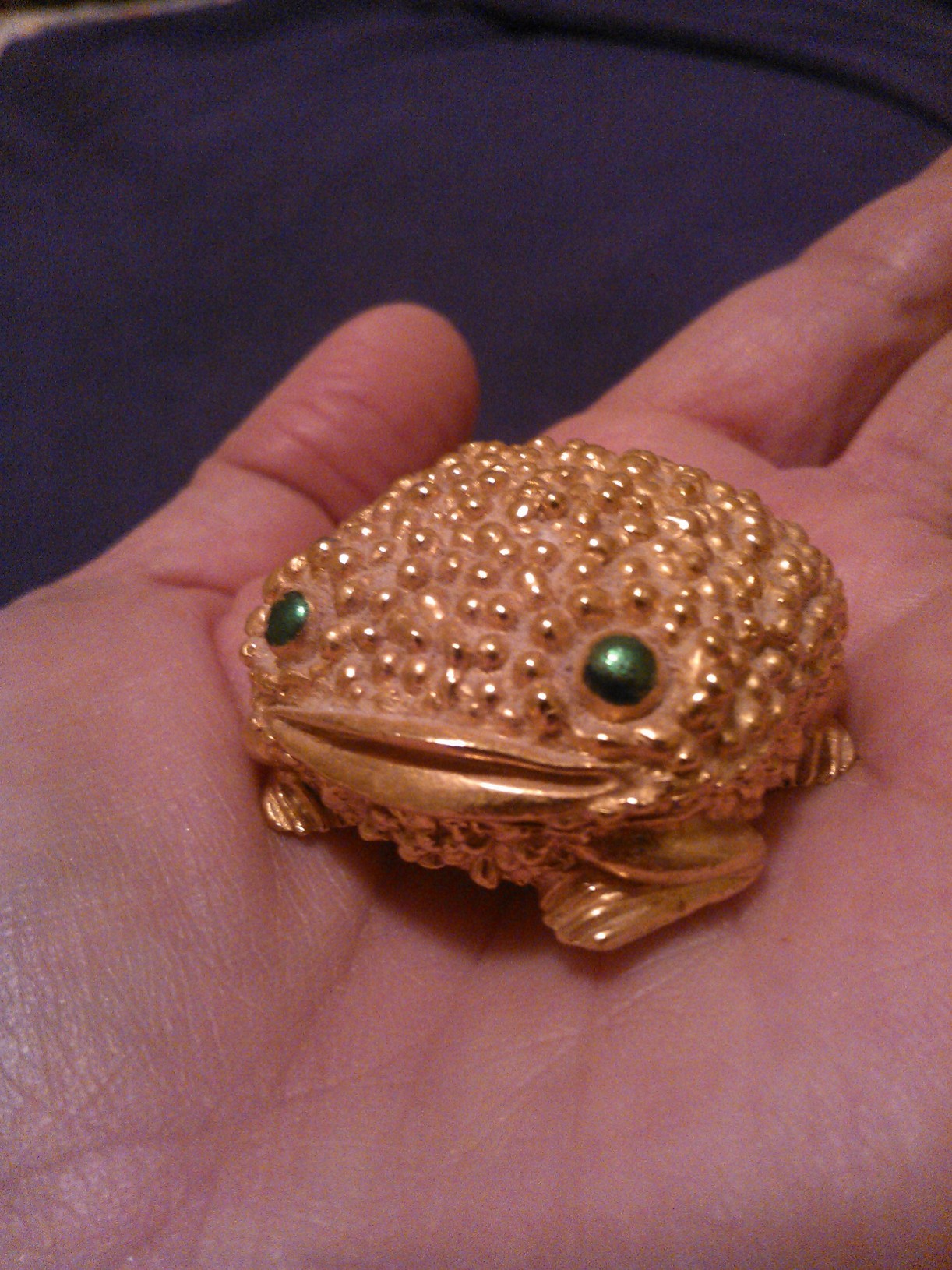Every estate plan should have a mandatory requirement: give away what you have (or at least part of it) while you are physically and mentally able to do so. It is so important to make sure things are done the way you would like them, instead of through an unsuspecting family member or friend, who could make poor decisions with your assets.
Sometimes, those chosen to make decisions, make very poor decisions; some based on greed and not putting the loved one’s wishes at the forefront. In some cases, the person chosen is just the wrong one to make these decisions; choosing wisely is half the battle. Sadly, some feel they are entitled and help themselves, or they do not communicate clearly with other heirs.
I have seen this scenario so often; it leaves me with chills every time I think about it. I have been brought into homes while mom is literally taking her last breaths. I would have declined the visit, if I had known. I have seen children steal while mom is sleeping in the next room (“She’ll never miss this.”) I have been discovered that children have showed up with moving trucks in the dark of night to take what they want, never to be heard from again. I have seen a woman steal jewelry from a dying girlfriend as she napped. Sigh …
It brings me great joy when I can bring light to dark situations. But what I can’t figure out is why people behave in this manner? How on earth can they sleep at night? I cannot imagine anyone doing such things and sleeping soundly.
My mind returns back to handling my own parents’ estate and how well my brother and I managed it. We split everything right down the middle, down to the penny, just as mom and dad wanted it to be. We loved them so much that we knew their money was first and always for their care. They were the priority and we made sure they had what they needed.
Looking back, I am glad that mom gifted some things to me while she was still living. When my father died last, I realized they had not gifted to my sibling, like mom did for me. So when dad passed, it was important that my brother have grandfather’s war medals of courage, dad’s jewelry and college ring, etc. It was only fair and that was the way we wanted it. Since our parents were no longer there, we carried on in the way they wanted us to treat each other.
For those who may be struggling with this issue, allow me to interject a powerful thought. With all the clients I have had in my career, I can assure you that the ones who
- MAKE PLANS
- STICK WITH THE PLAN, and
- GIFT AHEAD OF TIME
fare much better than those who
- DON’T PLAN
- LEAVE OTHERS TO DECIDE FOR THEM, and
- ANGER OTHERS.
SEIZE THIS MOMENT!
Gift to those who are special to you. If your gifts are significant, please talk with your attorney or CPA for guidance. If your gifts are sentimental, be as equitable as possible and give these items in person, so there are no questions later. This simple gesture will not only offer joy to someone you care about, but you will also simplify what has to be divided later.
Accept this advice from one who really knows!
©2015 The Estate Lady®
Julie Hall, The Estate Lady®, is the foremost national expert on personal property in estates, including liquidating, advising, and appraising. http://www.TheEstateLady.com She is also the Director of American Society of Estate Liquidators®, the national educational and resource organization for estate liquidation. http://www.aselonline.com.
No part of The Estate Lady® blogs, whole or partial, may be used without Julie Hall’s written consent. Email her at Julie@TheEstateLady.com.



